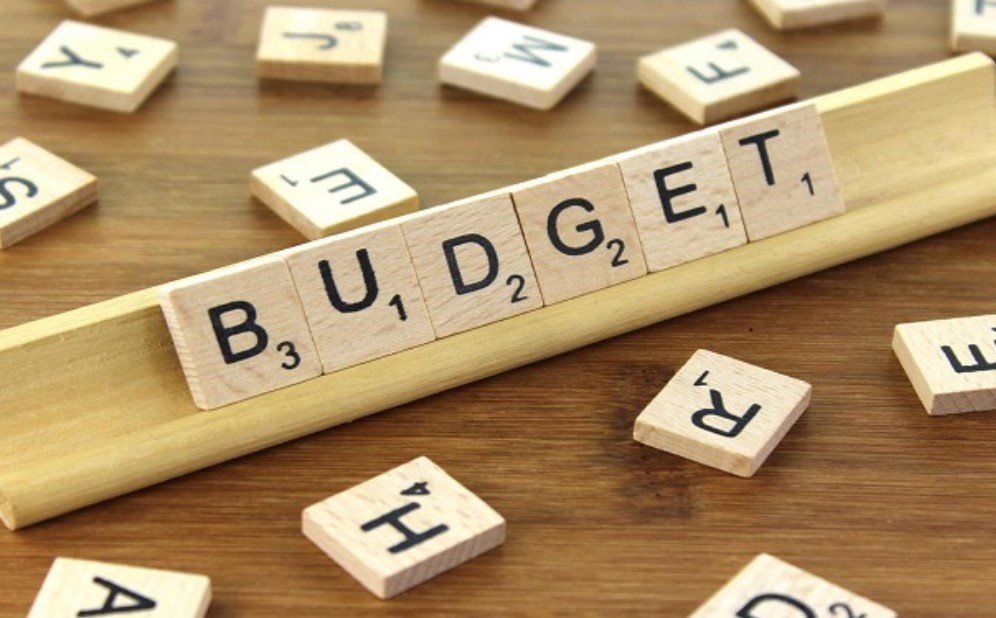In a notable decision during the Union Budget 2024, Finance Minister Nirmala Sitharaman announced that there would be no increase in the existing tax rates on tobacco products. This decision means that cigarette prices will remain unchanged, a move welcomed by ITC, India’s largest cigarette producer. The announcement comes after a 16% hike in the National Calamity Contingent Duty (NCCD) on cigarettes last year. The unchanged tax rates are expected to have significant implications for the tobacco industry and public health initiatives.

Impact on the Tobacco Industry
The decision to keep tobacco taxes steady has been met with approval from major players in the tobacco industry, particularly ITC. The company’s shares surged by as much as 5% following the announcement, reflecting investor confidence in the stability of cigarette prices. ITC, which derives more than 80% of its net profit from cigarette sales, stands to benefit significantly from the government’s decision. The stability in tax rates ensures that the company can maintain its pricing strategy without passing on additional costs to consumers.
The tobacco industry has long been a significant contributor to India’s economy, with substantial revenue generated from the sale of cigarettes and other tobacco products. By maintaining the current tax rates, the government aims to balance economic interests with public health concerns. The decision also reflects the government’s recognition of the industry’s role in generating employment and contributing to the national exchequer.
However, the decision has also sparked debate among public health advocates who argue that higher taxes on tobacco products are essential for reducing consumption and improving public health outcomes. Despite these concerns, the government’s stance indicates a focus on economic stability and the interests of the tobacco industry.
Public Health Concerns
While the tobacco industry has welcomed the decision, public health groups and medical professionals have expressed disappointment. They argue that higher taxes on tobacco products are a proven strategy for reducing consumption and preventing tobacco-related diseases. The World Health Organization (WHO) and other health organizations have consistently advocated for increased taxation as a means to curb tobacco use and improve public health.
In India, tobacco use remains a significant public health challenge, with millions of people affected by tobacco-related illnesses each year. Higher taxes on tobacco products can lead to reduced affordability, thereby discouraging consumption, especially among young people and low-income groups. Public health advocates had hoped for a tax increase in the Union Budget 2024 to support these efforts.
Despite the lack of a tax hike, public health groups continue to push for stronger measures to combat tobacco use. They emphasize the need for comprehensive tobacco control policies, including public awareness campaigns, smoking cessation programs, and stricter regulations on tobacco advertising and sales. The government’s decision to maintain current tax rates highlights the ongoing tension between economic interests and public health priorities.
Economic Implications
The decision to keep tobacco taxes unchanged has broader economic implications beyond the tobacco industry. For consumers, the stability in cigarette prices means that there will be no immediate increase in the cost of tobacco products. This could lead to sustained consumption levels, which in turn supports the revenue generated from tobacco sales.
From a fiscal perspective, the government has opted for stability in tax revenue from the tobacco sector. The previous year’s 16% hike in NCCD had already adjusted the tax rates, and maintaining these rates ensures a predictable revenue stream. This decision aligns with the government’s broader economic strategy of fostering growth and stability across various sectors.
However, the decision also raises questions about the long-term sustainability of relying on tobacco revenue. As public health initiatives and global trends move towards reducing tobacco consumption, the government may need to explore alternative revenue sources. Balancing economic interests with public health goals will continue to be a critical challenge for policymakers in the years ahead.
In conclusion, the Union Budget 2024’s decision to keep tobacco taxes unchanged has significant implications for the tobacco industry, public health, and the broader economy. While the move has been welcomed by the tobacco industry, it has also sparked debate among public health advocates. The government’s decision reflects a complex balancing act between economic stability and public health priorities, highlighting the ongoing challenges in tobacco control policy.
Emily Wilson is a talented wordsmith whose passion for cannabis shines through in her eloquent articles that explore the plant’s cultural significance and historical context. With a focus on arts and lifestyle, she weaves together narratives that celebrate the creativity, innovation, and community fostered by cannabis enthusiasts worldwide. Emily’s unique perspective and engaging storytelling invite readers to embark on a journey of discovery and appreciation for the diverse facets of the cannabis experience.








